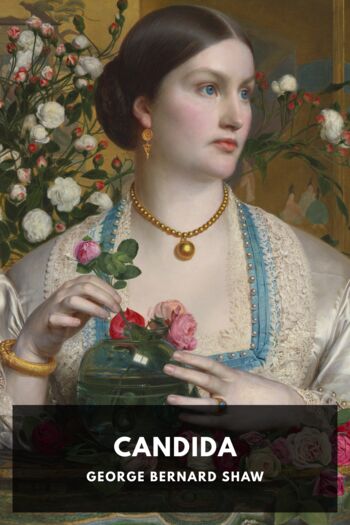Description
The Reverend James Mavor Morell, a respectable socialist clergyman, spends his days giving lectures and sermons while his wife, Candida, sees to his comfortable London home. That home is disrupted by the arrival of the poet Eugene Marchbanks, who is in love with Candida and determined to rescue her from what he sees as an unromantic life.
Shaw wrote Candida as a reaction to Henrik Ibsen’s social dramas, and especially A Doll’s House. But where Ibsen’s play is bleak and harrowing, Shaw’s answer takes the form of a conventional drawing-room comedy, complete with comic relief characters in the form of a Cockney capitalist and a short-tempered typist.
Candida captured the public imagination by rejecting the traditional moral framing of this love triangle, with its choice between passion and duty. Instead Candida emerges as a new kind of heroine, skeptical both of her husband’s religion and her lover’s idealism.
The play became so popular in New York that one newspaper described the phenomenon as “Candidamania.” Shaw himself characteristically complained that many of those obsessed with the play had missed the point, later satirizing the “Candidamaniacs” themselves in his short play “How He Lied to Her Husband.”


Аннотация к книге